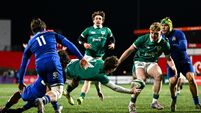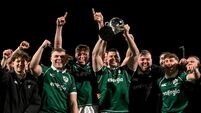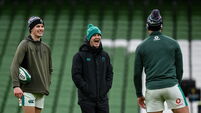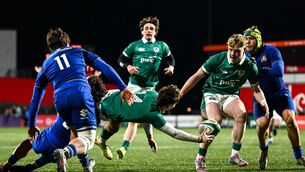Omar Hassanein Interview: Learning from the ‘Gladiator’ Cheika
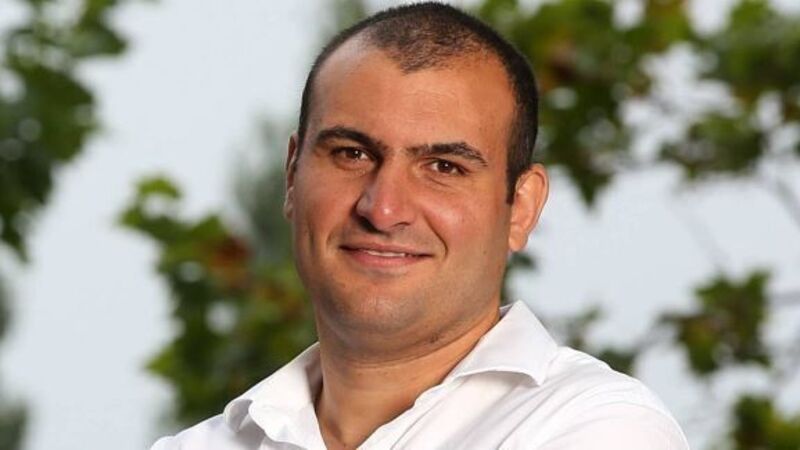
He was supposed to have conflicting feelings about tomorrow’s World Cup semi-final. Omar Hassanein isn’t just an Aussie, he’s a Randwick boy, which means Michael Cheika’s one of his boys too.
Just the week before last, the pair of them had breakfast together in a London hotel, reminiscing and chuckling about how Cheika, as first a grizzly vet and then as a coach, opened the eyes of the fledgling flanker to some of the darker as well as more technical arts of how to survive and thrive in this game.




